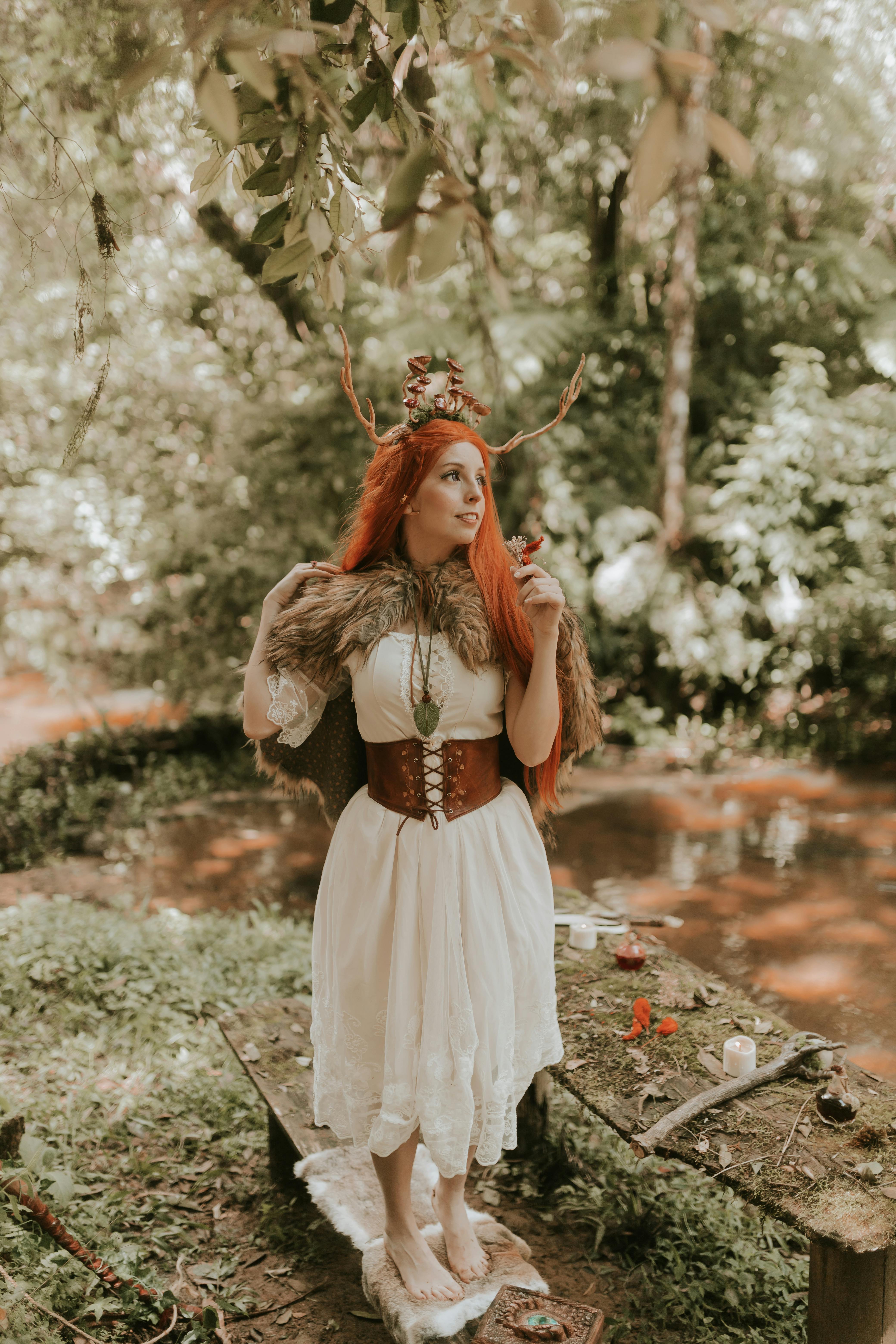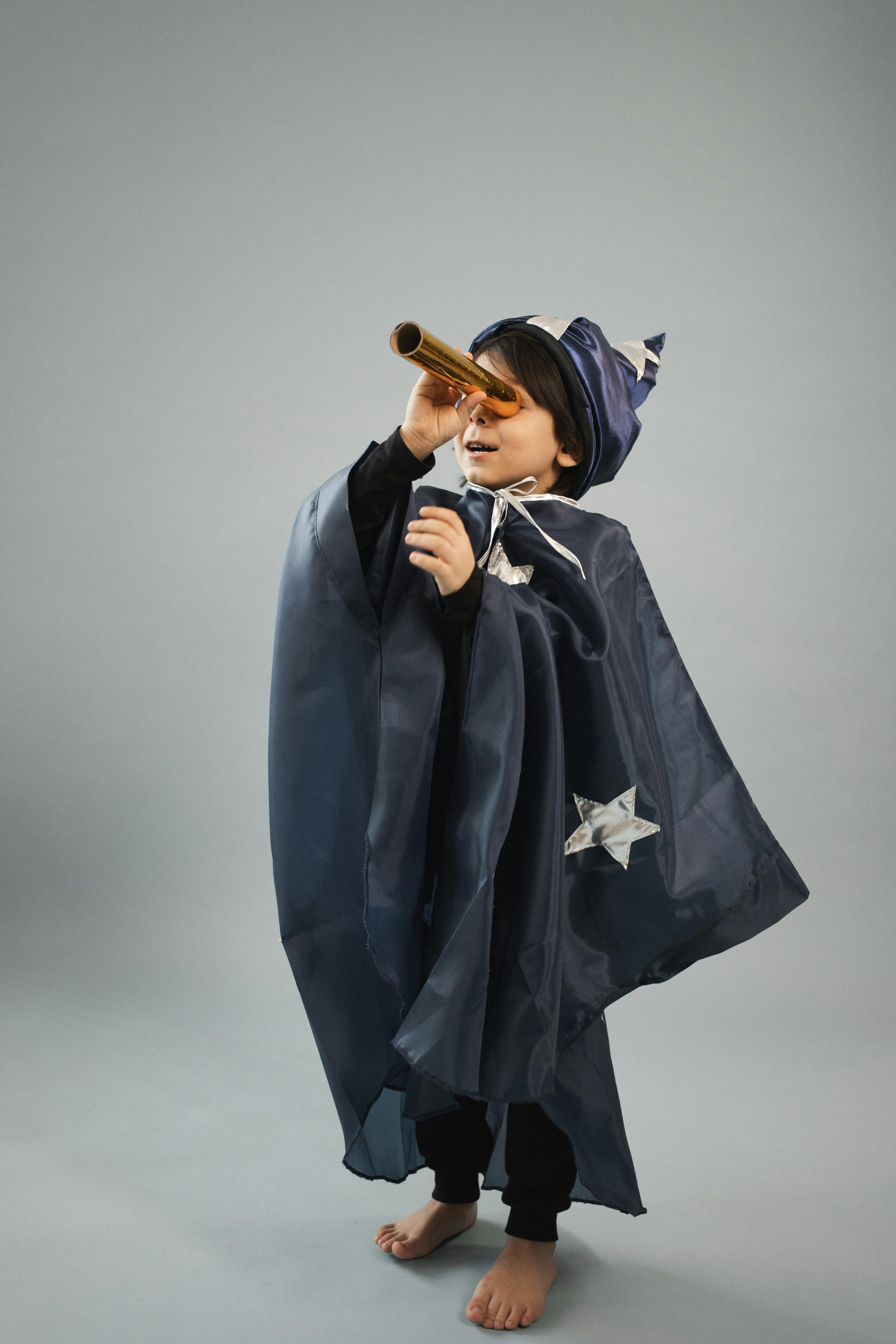Essential Guide to Cape Parrot Care: Improve Their Well-Being in 2025
Overview of Cape Parrots and Their Unique Traits
The Cape Parrot, native to South Africa, is an absolutely stunning avian species that captivates bird enthusiasts and pet owners alike. Known for their magnificent plumage and charming personalities, these colorful birds make for excellent companions. However, as an endangered bird, the conservation of Cape Parrots is crucial. Understanding their habitat, behaviors, and care requirements is essential for pet ownership responsibilities, breeding, and wildlife conservation efforts. This essential guide aims to provide essential parrot care tips that promote their well-being and enhance the experience of owning these feathered friends.
Cape Parrots are not just beautiful; they are also highly intelligent and social birds. Their remarkable vocal abilities and engaging personalities make them well-loved pets. As part of a group, they thrive in environments that allow them to socialize and explore their surroundings. Additionally, with proper care, they can lead a long and healthy life while bringing joy to their owners.
In this guide, we’ll explore various aspects of Cape Parrot care, including their natural habitat, dietary needs, behavioral traits, and conservation efforts. If you are a current or prospective owner of these exotic birds, this comprehensive resource is designed to help you navigate the complexities of parrot care while contributing to their conservation.
Creating a Suitable Habitat for Cape Parrots
After understanding the characteristics of Cape Parrots, creating an appropriate habitat is crucial for their health and happiness. Taking cues from their natural habitats, which are often characterized by lush vegetation and open spaces in the Cape region of South Africa, will ensure a stimulating environment.
Choosing the Right Cage
The cage should be spacious enough for your parrot to move around comfortably. Ideally, it should measure at least 24x24x36 inches with horizontal bars that allow for climbing. A well-structured cage fosters exercise and stimulates natural behaviors. Ensure the cage is made of bird-safe materials and equipped with perches of various diameters to promote foot health.
Decor and Enrichment
Adequate enrichment is key. These birds require toys that challenge their intellect, such as foraging toys that hide food and require problem-solving to access. Additionally, incorporating natural elements like branches, swings, and hideaways can mirror their natural habitats. Remember, engaging their senses keeps them healthy and happy.
Lighting and Temperature Considerations
Lighting is essential for the well-being of Cape Parrots. Natural sunlight exposure through windows is ideal. In artificial setups, provide full-spectrum UV lights for about 12 hours a day. These lights help in the synthesis of vitamin D3, critical for bone health. Ensure that the temperature remains comfortable, ideally between 65-80°F (18-27°C), to avoid any health issues.
By creating a suitable habitat, you are not only ensuring their comfort but also enhancing their quality of life. This sets the stage for the next important aspect of care: providing a balanced diet.
Essential Dietary Needs of Cape Parrots
What your Cape Parrot eats plays a vital role in their well-being. Feeding them a balanced diet ensures they remain vibrant and healthy. This section examines the dietary essentials necessary for your avian companion.
Understanding Parrot Diets
In the wild, Cape Parrots have a diverse diet encompassing fruits, seeds, nuts, and even floral materials. An ideal pet diet mimics this variety. A commercial high-quality pelleted diet specifically formulated for parrots should comprise about 60-70% of their daily intake. This ensures they receive the necessary nutrients.
Fresh Fruits and Vegetables
Fresh produce is crucial for providing vital vitamins and minerals. Include a variety of options such as apples, carrots, spinach, and tropical fruits like mango and papaya. These foods not only enrich their diet but also enhance their enjoyment of mealtime.
Safe Treats and Snacks
While it’s essential to maintain a balanced diet, offering occasional treats can foster bonding and provide motivation for training. Unsweetened popcorn, whole grains, or a few seeds can be excellent rewards but should be given in moderation. Avoid harmful foods such as chocolate, avocado, and onion.
To maintain health, monitor your parrot’s weight and adjust food portions accordingly. For more detailed nutritional advice and to prevent common health issues, consult an avian veterinarian. This leads us directly to understanding Cape Parrot behaviors and their need for social interaction.
Understanding Cape Parrot Behavior
Behavior is a significant factor in the care of Cape Parrots. Social and intelligent birds, they exhibit behaviors that can be both fascinating and challenging for pet owners. Understanding these traits is vital for ensuring their well-being.
Common Behavioral Traits
One of the standout characteristics of Cape Parrots is their vibrant communication abilities. They can mimic various sounds and phrases, revealing their intelligence. Regular interaction helps build this communication, enriching their lives and cementing their bond with you.
Social Interaction Requirements
Cape Parrots thrive on social engagement, both with humans and other birds. Lack of interaction can lead to behavioral problems, including screaming or feather plucking. Setting aside time each day for play, training, and bonding activities is essential. Consider introducing them to other birds or taking them on supervised outings to stimulate their social instincts.
Exercising Their Intelligence
Incorporating puzzle toys, interaction games, and training sessions can help in exercising their mental faculties. Training not only provides mental stimulation but also strengthens your relationship and improves their behavior. Avoid neglecting their need for challenge and variety, which can foster boredom and stress.
Understanding their behavioral traits prepares you for the next step in offering optimal care: health considerations that all Cape Parrot owners should be aware of.
Health Considerations for Cape Parrots
Maintaining appropriate avian health is critical in the longevity of Cape Parrots. Being proactive in health care can prevent a range of health issues common in birds.
Regular Veterinary Care
Finding a veterinarian who specializes in avian species is crucial. Regular check-ups help in early detection of common health issues such as beak deformities, feather plucking, and respiratory problems. A thorough examination often includes tests for avian diseases and nutritional assessments.
Common Health Issues
Common health issues that afflict Cape Parrots include obesity, psittacosis, and vitamin deficiencies. Monitor their eating habits and weight closely, and ensure feeding practices align with recommended parrot care tips. Recognizing behavioral changes can also be a critical indicator of underlying health issues.
Grooming and Feather Health
Regular grooming is another essential aspect of Cape Parrot care. Providing opportunities for your parrot to bathe is vital for feather health and hygiene. Ensure that claw and beak maintenance is part of the routine, as overgrown claws and beaks can lead to other health problems.
With health considerations under your belt, we can now take a closer look at community efforts in fostering wildlife conservation and supporting Cape Parrots.
Community Conservation Efforts and Education
As Cape Parrots are classified as an endangered species, various community-based conservation efforts are crucial for their survival. Understanding these initiatives will benefit both you and the species.
Supporting Bird Rescue Organizations
Many bird rescue organizations focus on rehabilitating and rehoming abandoned or injured Cape Parrots. Supporting these organizations through donations or volunteering can make a substantial difference in their conservation status. Additionally, adopting a parrot from a rescue can help give a second chance to a bird in need.
Birdwatching Tours and Eco-Tourism
Participating in birdwatching tours not only enhances your experience with local birds but also generates awareness and funding for bird conservation projects. Many organizations offer guided tours in the Cape region where enthusiasts can observe native wildlife, thereby promoting appreciation for these beautiful birds.
Educational Programs for Wildlife Awareness
Engagement in educational programs about bird conservation can help raise awareness in your local community. These programs can include workshops on birding techniques, habitat protection initiatives, and sustainable practices that benefit both wildlife and the environment.
With proper care and ongoing conservation efforts, Cape Parrots can thrive in their natural habitats and in loving homes. This leads us into a crucial aspect: the emotional and social roles that Cape Parrots play in our lives.
The Emotional Benefits of Keeping Cape Parrots
Having a Cape Parrot as a companion extends beyond simple pet ownership, enriching our emotional experience and fostering a unique bond.
Parrots as Companion Animals
As social birds, Cape Parrots develop unique personalities that lend themselves to forming strong connections with their owners. Many find that their parrots can recognize and react to their emotions, providing companionship and joy.
Promoting Positive Mental Health
Companion birds can alleviate feelings of loneliness and depression. Regular interactions with them have been shown to promote a positive outlook, reduce anxiety, and enhance overall mental well-being.
Teaching Responsibility Through Pet Ownership
Owning a Cape Parrot teaches responsibility and empathy, especially important for children in the household. Involvement in their daily care cultivates respect for animals and an understanding of wildlife conservation.
Understanding the emotional benefits of companionship with Cape Parrots adds another dimension to their care, emphasizing the importance of fostering a loving environment. It is vital to keep in mind that successful ownership is deeply tied to ethical pet ownership practices, which we will discuss in the following section.
Ensuring Ethical Pet Ownership of Cape Parrots
With Cape Parrots being endangered, adhering to ethical pet ownership practices is of utmost importance. This involves understanding the impact of keeping a parrot and contributing positively to their existence.
Responsible Breeding Practices
When considering the addition of a Cape Parrot to your home, always ensure that you source them from reputable breeders who prioritize the well-being of the birds. Responsible breeding practices ensure that the birds are healthy and socialized before they reach their new home.
Status of Cape Parrots in the Wild
Educating yourself about the current status of Cape Parrots in the wild can guide your practices as a parrot owner. Always consider how your actions, such as purchasing pet birds, can affect population viability and contribute to habitat loss.
Promoting Conservation Awareness
As a Cape Parrot owner, you have a unique opportunity to advocate for conservation efforts. Promote awareness within your community, support initiatives that benefit bird habitats, and engage in activities that focus on preserving biodiversity.
In conclusion, Cape Parrots are enriching companions that require informed care and support for their survival. By incorporating the practices outlined in this guide, you can ensure a thriving life for your parrot while contributing to their conservation. Remember that your efforts not only enhance their well-being but also play a crucial role in promoting wildlife awareness for current and future generations.

For more insights into avian species care and conservation, visit this resource.

To discover more about birdwatching tours and community efforts, check out this article.
